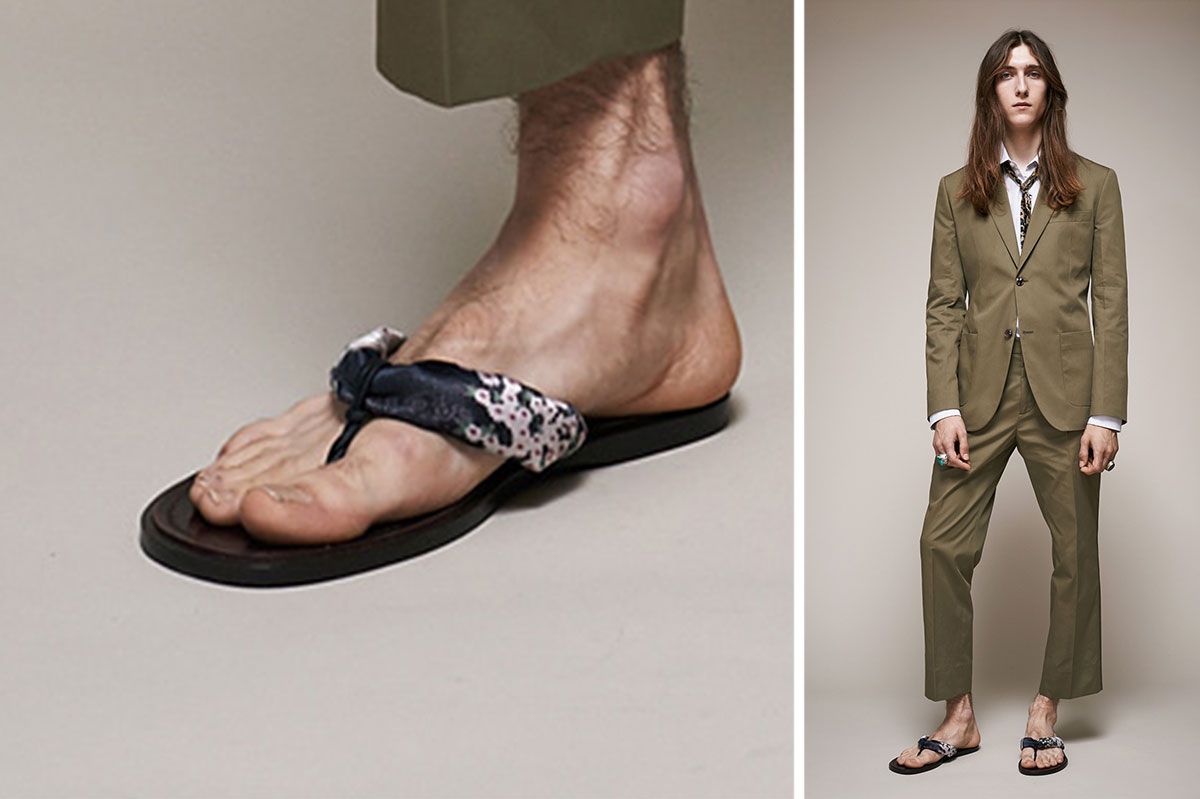bloke's (rude as hell) selling tips
Posted: Thu Nov 14, 2024 8:47 am
- Gimmick water keys and valve bumpers don't add value.
- Silver plating might add value to a few, but in general it's sort of like a swimming pool in the backyard of a house that's for sale.
- High-end carrying sacks or cases that are in good condition could add a couple hundred dollars to the value of a tuba, but people are shopping for an instrument, and not for a cover.
- Whether or not dents have an effect on the sound, they certainly have an effect on the price.
- A tuba which has had bell creases repaired is not worth as much as one that has never been damaged, and the celebrity of the repairman means nothing compared to how well the creases were repaired.
- Only I am me (luckily for the world), but I'm suspicious of tubas which have had the lacquer stripped from their bells, as well as being suspicious as to any explanations of why.
- Models which are consistently known to feature troublesome rotors are going to feature troublesome rotors, even if some recognized repair person has worked on them. A mechanic cannot work on a Kia and make it into a Toyota.
- A large percentage of custom gadgetry - at least in pictures - looks (to me) as if it needs to be torn off and either redone or left off.
- Asking 80% of a competitive new price telegraphs the fact that the seller really isn't interested in selling.
- Regardless of the condition, used prices of unpopular models of anything-in-particular drop like a rock.
- Even though some people ask why something is being sold, it's really none of potential buyers' business, and sellers need not feel obligated to respond to such a question. After all, it was sold new and - when it was sold new - the buyer did not ask the retailer why they were selling it. THE reason to sell something is to get money for it. For a player/seller to state that they're "moving up to a better instrument" or "it's just not for me" - as reasons for selling - are not productive strategies.
- Advertisements for tubas do not need to mention "great intonation". Tubas are out of tune. If anything, it might be accepted positively to mention how little out of tune typical problematic pitches are - when playing a for-sale instrument.
- Very few people are interested in a musical instrument's provenance. If anything, mentioning fairly well known players who formerly owned an instrument simply demonstrates that it wasn't good enough for them, so they decided to sell it.
- Silver plating might add value to a few, but in general it's sort of like a swimming pool in the backyard of a house that's for sale.
- High-end carrying sacks or cases that are in good condition could add a couple hundred dollars to the value of a tuba, but people are shopping for an instrument, and not for a cover.
- Whether or not dents have an effect on the sound, they certainly have an effect on the price.
- A tuba which has had bell creases repaired is not worth as much as one that has never been damaged, and the celebrity of the repairman means nothing compared to how well the creases were repaired.
- Only I am me (luckily for the world), but I'm suspicious of tubas which have had the lacquer stripped from their bells, as well as being suspicious as to any explanations of why.
- Models which are consistently known to feature troublesome rotors are going to feature troublesome rotors, even if some recognized repair person has worked on them. A mechanic cannot work on a Kia and make it into a Toyota.
- A large percentage of custom gadgetry - at least in pictures - looks (to me) as if it needs to be torn off and either redone or left off.
- Asking 80% of a competitive new price telegraphs the fact that the seller really isn't interested in selling.
- Regardless of the condition, used prices of unpopular models of anything-in-particular drop like a rock.
- Even though some people ask why something is being sold, it's really none of potential buyers' business, and sellers need not feel obligated to respond to such a question. After all, it was sold new and - when it was sold new - the buyer did not ask the retailer why they were selling it. THE reason to sell something is to get money for it. For a player/seller to state that they're "moving up to a better instrument" or "it's just not for me" - as reasons for selling - are not productive strategies.
- Advertisements for tubas do not need to mention "great intonation". Tubas are out of tune. If anything, it might be accepted positively to mention how little out of tune typical problematic pitches are - when playing a for-sale instrument.
- Very few people are interested in a musical instrument's provenance. If anything, mentioning fairly well known players who formerly owned an instrument simply demonstrates that it wasn't good enough for them, so they decided to sell it.
